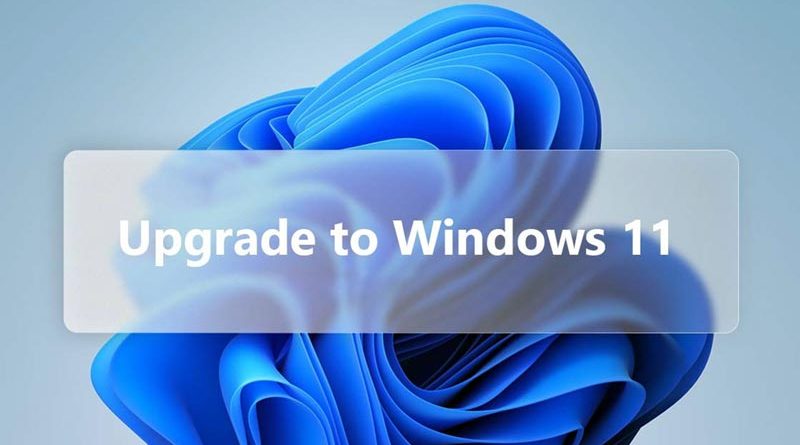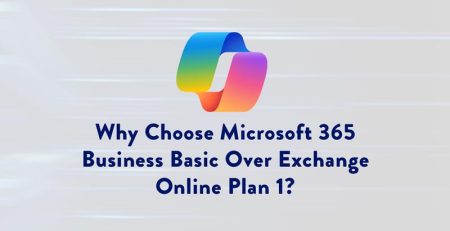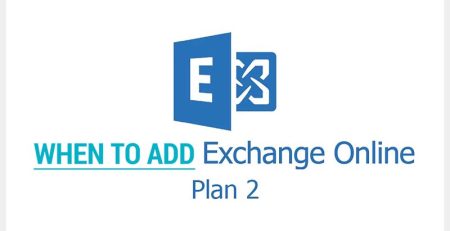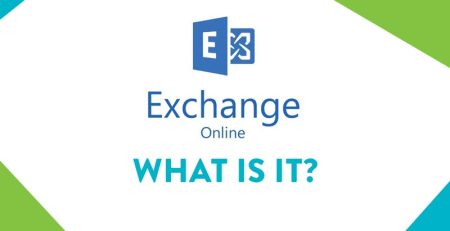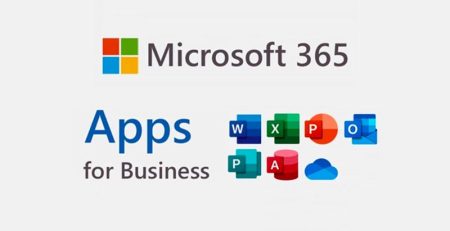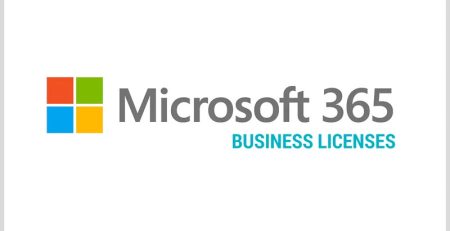Take Advantage of Tax Benefits by Upgrading to Windows 11 Now
The Windows 10 end date is nearly here.
On Oct. 14, 2025, Microsoft will no longer support Windows 10, which means any computers you have with Windows 10 will not receive vital security updates.
While you may be hesitant to replace your computers now since you have a little more than a year to do so, the benefit of doing it during the 2024 fiscal year is that you get the tax benefits now rather than next fiscal year.
If you’re having a particularly good year profit-wise, buying now may be more beneficial.
What are the Tax Benefits?
Firstly, any equipment that costs less than $2,500 can be fully deducted in the year it is acquired.
Secondly, even if the cost of an individual item is greater than $2,500, most of the time, Section 179 Deduction effectively allows small businesses to deduct the full price of qualifying equipment and/or software purchased during the tax year.
Essentially, you can deduct the full purchase price from your organization’s gross income.
Any IT equipment you buy for your company during a fiscal year can lower your taxable income, leading to tax savings and freeing up cash that can be reinvested back into your organization.
For 2024, up to $1.22 million worth of qualifying equipment can be written off, which means you could upgrade other parts of your IT infrastructure in addition to computers.
Is Your Organization Ready to Upgrade to Windows 11?
Before you start shopping for new computers, there are four milestones we’ll help you complete. You can do these steps yourself, but we’re here to help if you encounter any issues.
Identify computers that are not Windows 11 eligible
You’ll want to make a list of every computer that is not eligible for Windows 11. Your computers must have several system requirements, including Trusted Platform Module (TPM) 2.0 to run Windows 11.
TPM 2.0 has become standard issue for business computers since July 2016, so any computer manufactured before that date will not be able to run Windows 11.
Furthermore, because Windows 11 requires a higher processor speed, any computer purchased before 2018 probably will need to be replaced.
Microsoft has a list of supported Intel processors that can run Windows 11 here. Generally, any eighth-generation or newer processor should be able to run Windows 11.
For AMD processors, you can find the list of supported processors here, but the list includes second-generation Ryzen (Zen+) processors and beyond.
“There are pros and cons to each, so it’ll be up to you to decide which is best for your organization. From a financial standpoint, it could be in your best interest to purchase the new computers during fiscal year 2024.”
Begin testing with Windows 11 pilot group
Before you upgrade your entire organization, select a pilot test group to ensure any hardware or software your employees use will be compatible with Windows 11.
Ideally, your test group would include employees from different departments so we can test every scenario and flush out any possible issues.
Purchase new computers to replace ones that can’t upgrade
New computers pre-installed with Windows 11 will be purchased to replace the ones that weren’t compatible in Step 1.
Before you can use them, we’ll remove any bloatware and make sure your Windows profiles, internet browser favorites, printers, line-of-business software and Outlook profiles are set up or moved to the new device.
Official move to Windows 11
Finally, we’ll upgrade every computer you have that is Windows 11 compatible.
You can do an in-place upgrade, which installs Windows 11 without removing Windows 10, or you can do a clean installation, which completely erases the hard drive and installs Windows 11.
There are pros and cons to each, so it’ll be up to you to decide which is best for your organization.
From a financial standpoint, it could be in your best interest to purchase the new computers during fiscal year 2024.
To save your employees as much frustration as possible, it’s important you communicate that this upgrade will be happening.
Especially if you decide to do a clean install of Windows 11, as employees will be without their computers for a bit.
Microsoft Windows Support in Grand Rapids
Is your company looking to upgrade from Windows 10 to 11? Contact us here to see how we can help keep your business running smoothly while increasing productivity, security and profitability.
Did you like this blog? You can subscribe to our newsletter to receive a weekly email with our latest blog posts.

